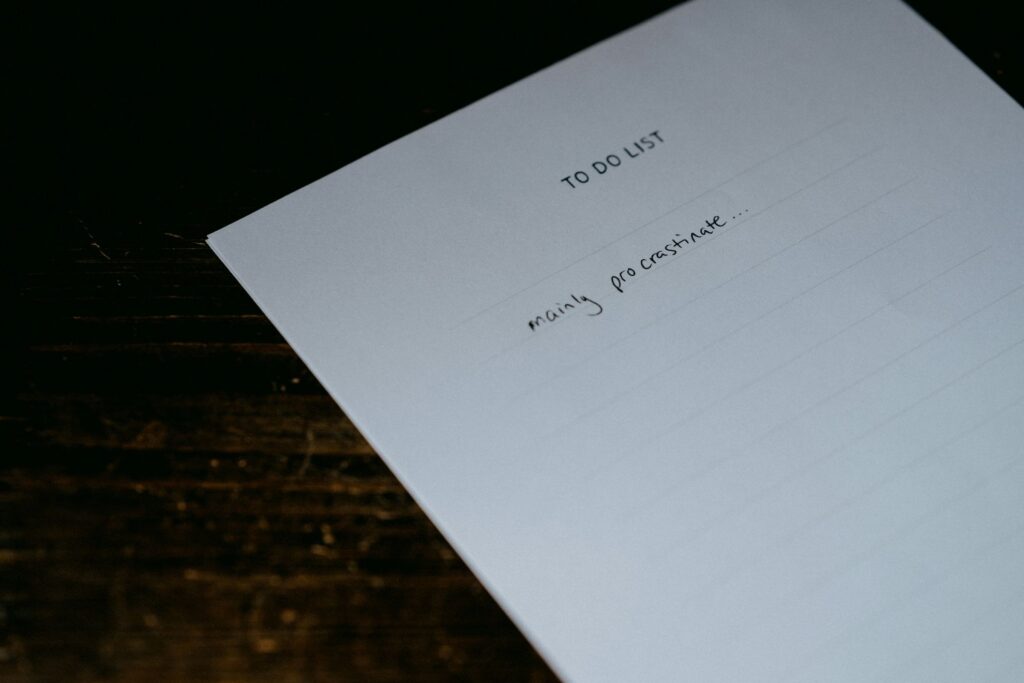
Let’s face it—we’ve all been there. That workout you promised to start… tomorrow. That business idea that’s been sitting in your notebook for months. That email you keep meaning to reply to. Procrastination has a sneaky way of creeping in and taking hold.
It’s easy to beat ourselves up for it. But what if, instead of trying to eliminate procrastination overnight, we simply learn to postpone it?
Here are four powerful and practical ways to do just that—and start building real momentum, one step at a time.
1. Just Do It (Right Now)
Yep, we’re starting with the hard truth: sometimes, you’ve just got to dive in. No planning. No prepping. No “after one more scroll through social media.”
Taking action right now—before overthinking sets in—can feel a bit uncomfortable at first, especially if you’re used to putting things off. But remember, procrastination is a habit, and like any habit, it lives in your subconscious. The best way to break it? Interrupt the pattern.
So next time you feel resistance creeping in, pause. Take a breath. And jump in anyway—even if you’re not fully ready. Action leads to momentum, and momentum is magic.
2. Break It Down into Baby Steps
Big tasks can be intimidating. When something feels too overwhelming to tackle, procrastination becomes a form of self-protection.
Here’s the fix: make it smaller.
Let’s say you’ve been meaning to write a business plan but keep staring at a blank screen. Instead of thinking “I have to finish this,” shift to:
- Step 1: Open a document
- Step 2: Write the title
- Step 3: Jot down three bullet points
- Step 4: Take a five-minute break
Every micro-step is a win. Celebrate those. The key is progress, not perfection.
3. Re-Evaluate (Do You Even Want to Do This?)
Here’s a curveball: what if your procrastination is actually your intuition trying to tell you something?
If you’ve been avoiding something for a long time, ask yourself:
- Do I truly want or need to do this?
- Is this task aligned with my values, goals, or current season of life?
- Is this my priority—or someone else’s expectation?
Sometimes the best thing you can do is give yourself permission to let it go. Not every task is meant to be completed. Not every idea needs to be followed through. Discernment is powerful.
4. Ask for Support
Procrastination often shows up when we feel overwhelmed or alone. And the truth is—you don’t have to do it all by yourself.
If you’re stuck, ask for help:
- Delegate the small stuff (a VA, a friend, a willing teenager)
- Join a mastermind or accountability group
- Hire a coach or mentor
- Team up with a colleague or peer
There’s no shame in seeking support. In fact, collaboration can reignite your energy and give you the clarity or courage you’ve been waiting for.
Final Thought: Don’t Beat Yourself Up
Procrastination doesn’t mean you’re lazy or unmotivated. It means you’re human. The key is to meet yourself where you are, use the tools that work for you, and take small, imperfect steps forward.








